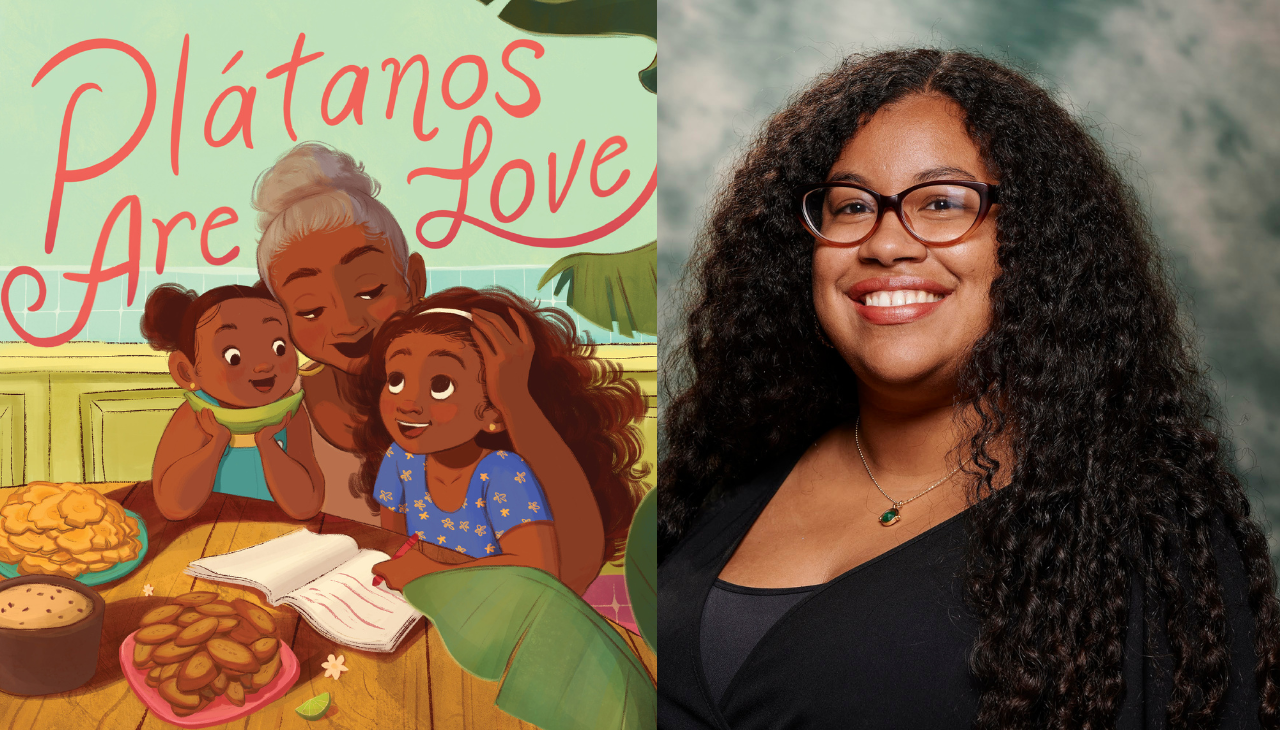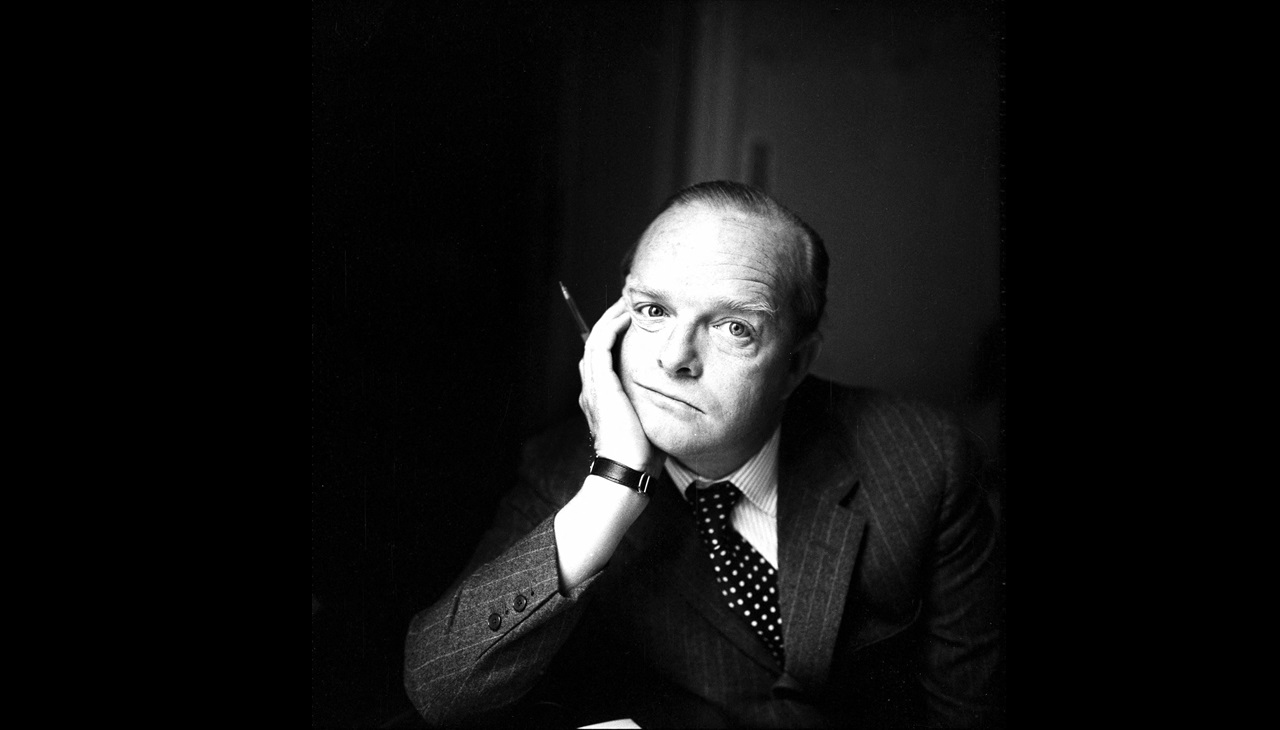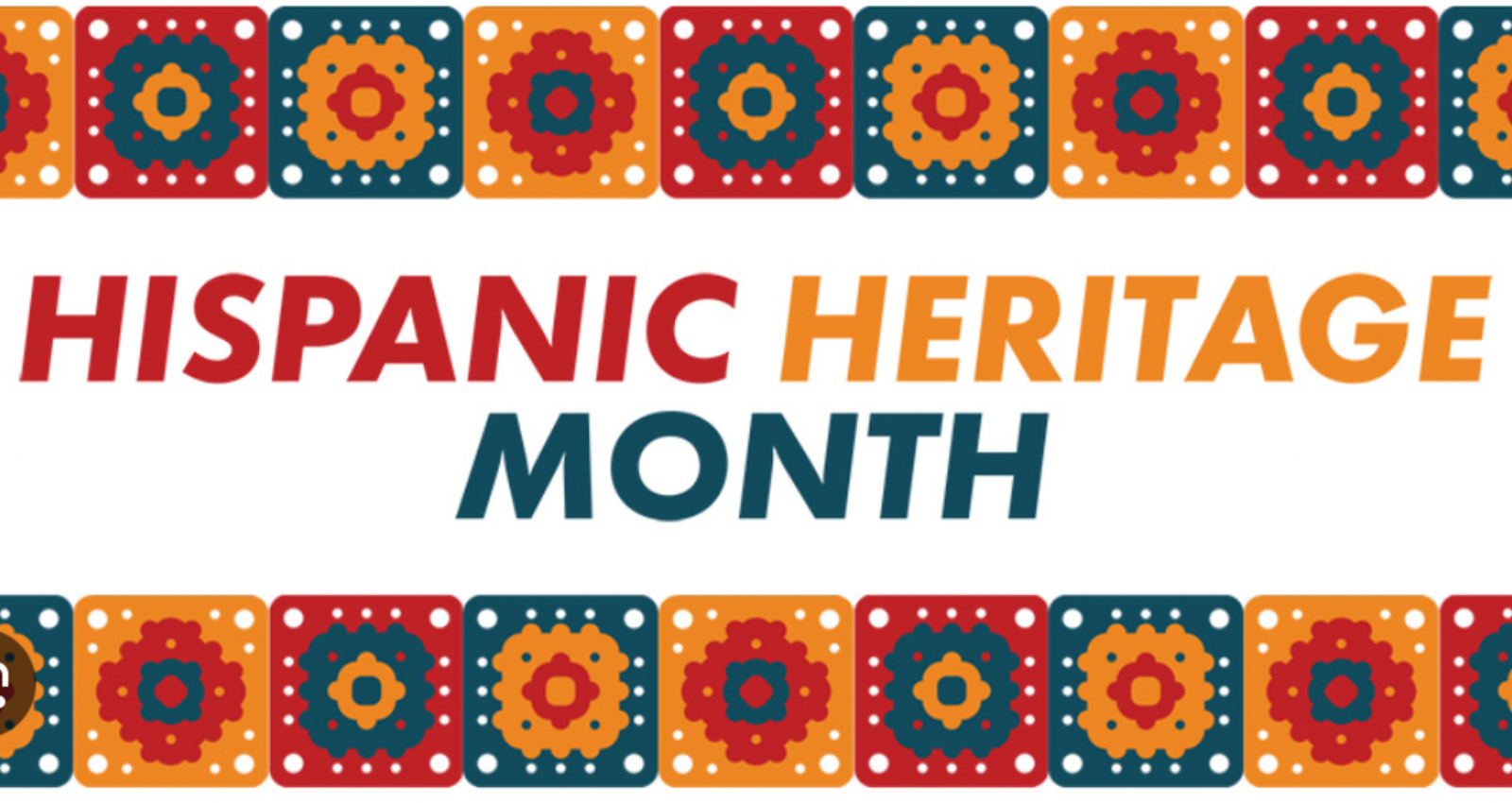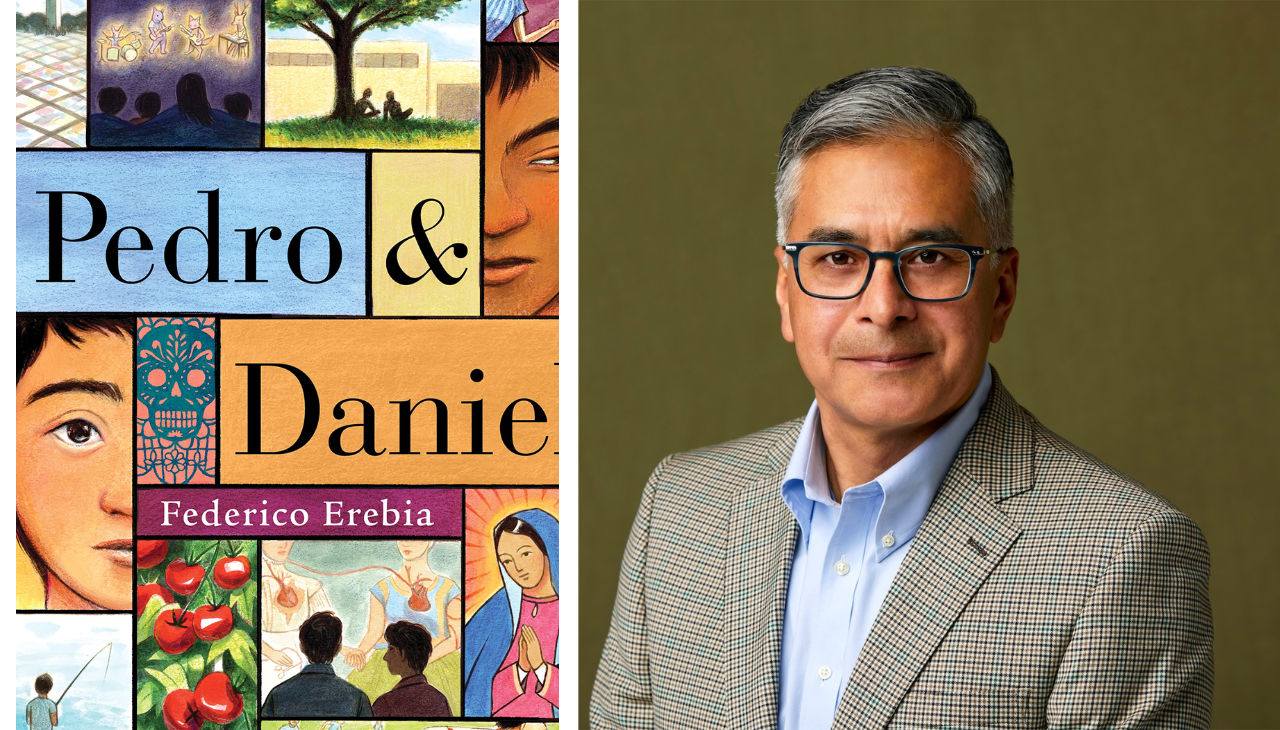
Preserving culture through children's literature
‘Plátanos Are Love’ is a children’s book written by Alyssa Reynoso-Morris, an Afro-Latiné/x Dominican and Puerto Rican queer storyteller. This picture book is inspired by her grandmother and the memories they created together with every food they made, stories that will live on from generation to generation thanks to Alyssa's passion for literature and Latinx culture.
“With every pop of the tostones, mash of the mangú, and sizzle of the maduros, a little girl learns that plátanos are her history, they are her culture, and—most importantly—they are love,” read the description of the book.
Ever since she was a child, Alyssa wanted to be a writer. The number one reason was because she grew up with her grandmother - the original storyteller. Her grandmother had a second-grade education, but that didn't stop her from telling the best stories that captivated everyone's attention. As she recalls, Alyssa looked up to her so much that she wanted to be just like her. “I think she knew that because she would rope me into helping her tell her stories.”
In fact, Reynoso-Morris still has the first book she wrote at age 7, which she now shares with students during school visits as a children’s book writer.
For the author, her grandmother was the anchor of her culture becoming the center of her stories. "I write to keep her memory, our traditions and our stories alive."
Reynoso-Morris was born and raised in the Bronx, New York, and currently lives in Philadelphia with her partner and daughter. During the day, she works with community members, nonprofits and government officials to make the world a better place. Then, she puts on her writer's hat to write heartfelt stories about home, family, food, and the fun places she's been.
Alyssa is the author of ‘Plátanos Are Love’ and ‘The Bronx Is My Home.’ Her third book, ‘Gloriana Presente: A First Day of School Book' will be officially published in 2024 and is a Spanglish picture book that features a Dominican American girl overcoming anxiety and finding her voice in the classroom. Alyssa is also working on two picture books about Philadelphia.
To learn more about her literary journey and the importance of representation in children's literature, we spoke exclusively with Reynoso-Morris. Here our conversation:
Why did you decide to become a children’s book author?
I have done many cool things in my life, like building water purification systems in other countries, researching witness protection programs for the Tribunal of Rwanda, and organizing multilingual COVID-19 clinics at the height of the pandemic. But I always loved telling stories and never stopped reading and writing. I am glad I get to reinvent myself and that I am now able to focus more on my first love - writing.
CONTENIDO RELACIONADO
Currently, I write picture books, but I want to write across all genres. I am learning more about novel writing to write middle grade, young adult, and adult novels. I also want to write an intergenerational memoir honoring the women that came before me. But for now, I love writing picture books because as a mom and former teacher, I know firsthand how smart and kind kids are. It is an honor to write stories for kids because they are the future. Writing stories rooted in love and hope is my way of making the world a better and more empathetic place.
How did the idea of ‘Plátanos Are Love’ come up? Did your abuela also say “plátanos are love”?
‘Plátanos Are Love’ is about a little girl and her sister learning about the ways plantains shape Latinx culture, community, and family from her abuela.
My love of my abuela, her stories, and the food we made together inspired 'Plátanos Are Love.' While I do not remember her saying the actual phrase “plátanos are love,” I know it is what she meant because cooking was how my abuela showed her love.
Do you think Latine/x/o/a representation in children’s books is important? Why?
Books are a safe way to try on new ideas, identities, and be exposed to opportunities. If a child is not able to read about Latine/x/o/a character doing amazing things, then it is harder for them to imagine themselves doing amazing things. My hope is that my books help Afro-Latinx kids feel loved and empowered. I hope they know their culture and experiences are important and sources of pride. I also hope my books will serve as a window that fosters empathy for kids that do not identify as Afro-Latinx.
What does being Afro-Latinx mean to you right now? Has it changed with the years?
Yo soy Afro-Latinx because I acknowledge my African roots. Growing up I never questioned my Latinidad because I knew I was Dominican and Puerto Rican. I spoke Spanish and was immersed in the culture. Pero, I had racist tías that told me I had “pelo malo” and to stay out of the sun so I don't get blacker like “carbón.” They told me I better marry a white man to “blanquear la raza.” These moments of aggression, hated, and oppression taught me at a young age again that I was different.
Then I had the privilege of studying abroad in Tanzania located in East Africa. It was one of the first times in my life in which I felt like I belonged and also felt beautiful. This experience coupled with my knowledge of the transatlantic slave trade helped me claim my blackness with pride. Once I declared that I was Afro-Latinx I felt empowered. Now I love my hair. Now I bask in the sun and I'm grateful for my melanated skin that protects me from getting burned. Now I know that I am beyond over simplistic boxes.










DEJE UN COMENTARIO:
¡Únete a la discusión! Deja un comentario.